The practice unveils three timber-framed homes in Brighton, reducing waste with offsite prefabrication
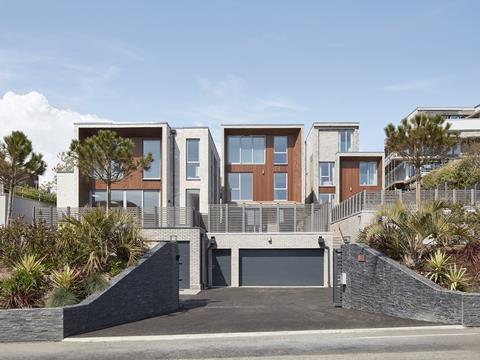
Hapa Architects has completed three family homes in the coastal city of Brighton, UK. Situated on a sloping hill within a neighbourhood of residential developments, the project began with a tired, detached house on a 1,180 sq m plot of land.
The design concept aimed to integrate three new houses with a seamless design aesthetic and material palette. Additionally, a sunken front driveway, garages, and private terraced gardens at the rear have been incorporated to blend with the existing ground levels.
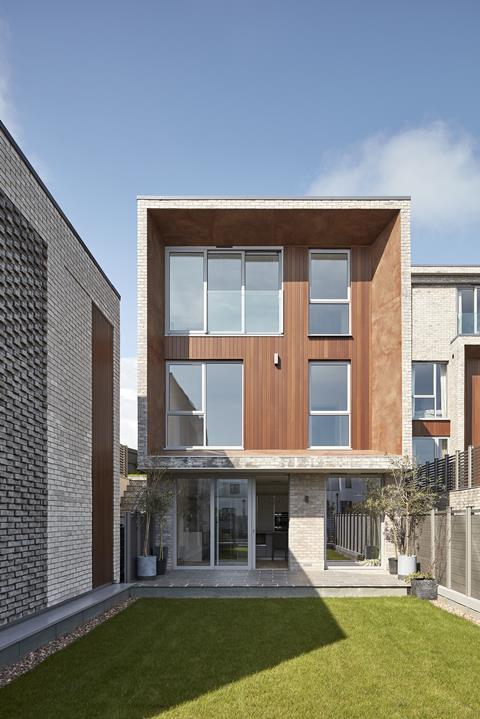
The team utilised modern methods of construction (MMC) through volumetric delivery to minimise the project’s environmental impact, which allowed the off-site prefabrication of timber frames and sections for all three houses.
The clients were eager to see their vision realised using MMC for its time-saving benefits. The modular construction method allowed the simultaneous progress of module assembly and extensive groundworks, which has been said to have significantly compressed project timelines.
During the on site phase, excavation and removal of chalk were necessary for the creation of the sunken front driveway and basement garages. Retaining walls were constructed, and substructures were built to prepare for the installation of the timber frames.
According to Hapa Architects, by embracing MMC, the project achieved remarkable environmental benefits, including an 80% reduction in waste materials, resulting in fewer resources consumed and fewer emissions produced.
Traditional construction methods often contribute to emissions through material production and transportation, as well as significant waste production. MMC can offer a faster construction pace, making it a strong contender for meeting deadlines, reducing labour costs, and ultimately minimising waste.
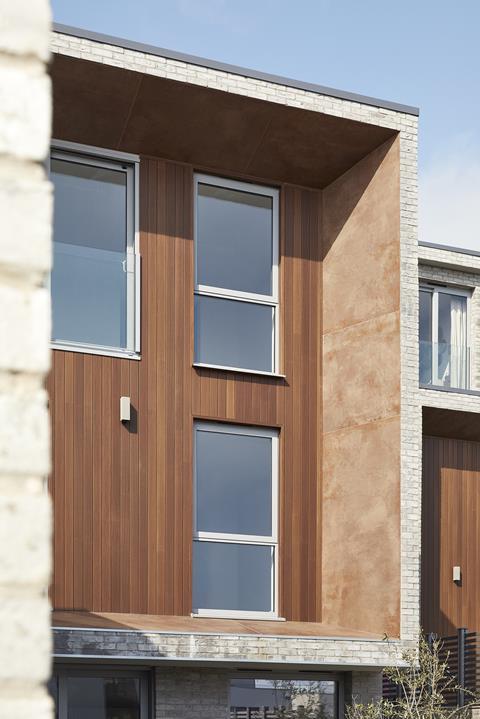
The team shared the following data surrounding the benefits of MMC in the Chamfer Houses project:
- On average MMC is thought to have produced between 40% - 80% reduction in waste materials depending on the level of offsite prefabrication, modular construction, and the efficiency of the construction process.
- A 30% reduction in overall construction time compared to traditional methods, which not only accelerated project completion but also reduced labour costs.
- A 25% reduction in carbon emissions during the construction phase, contributing to a greener and more sustainable building process.









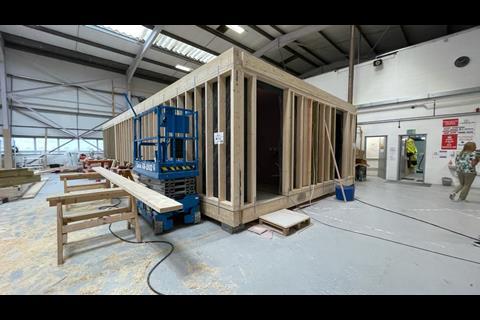
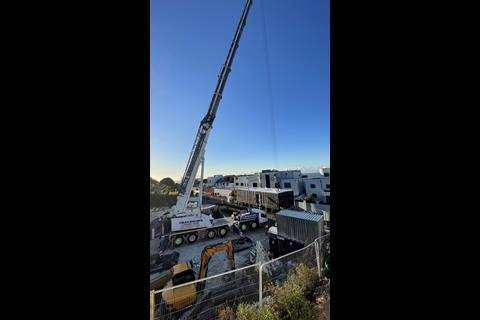
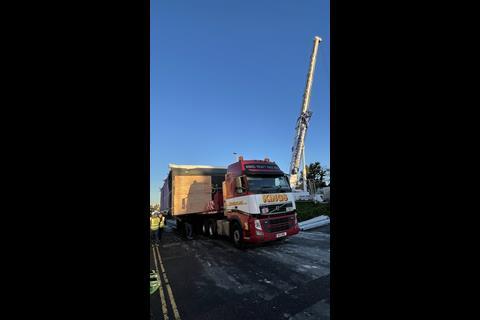
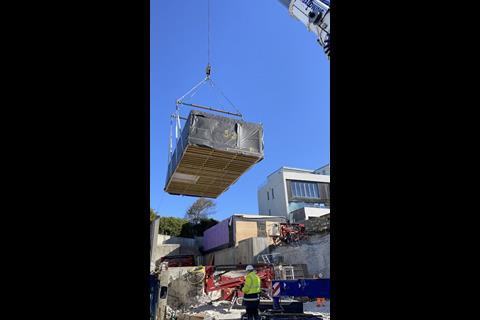
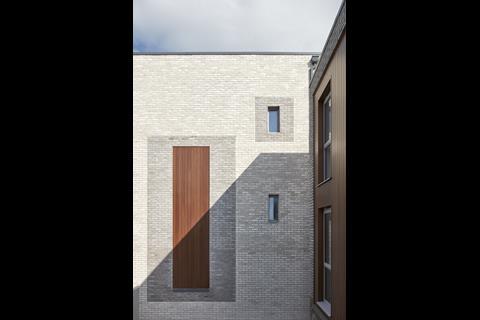
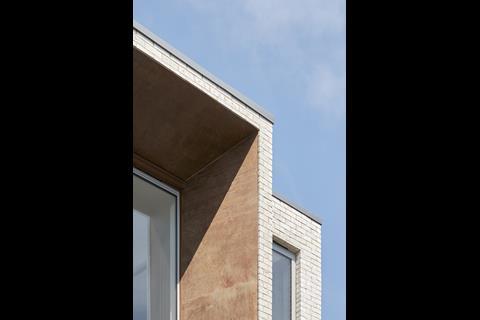
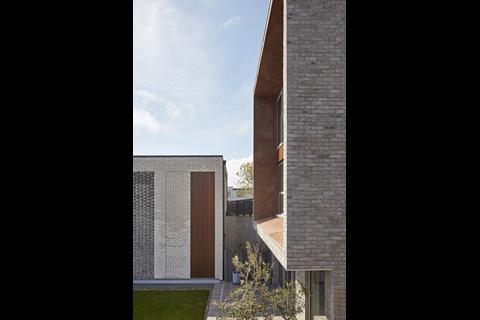
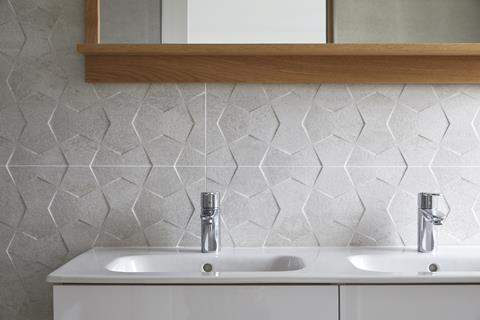
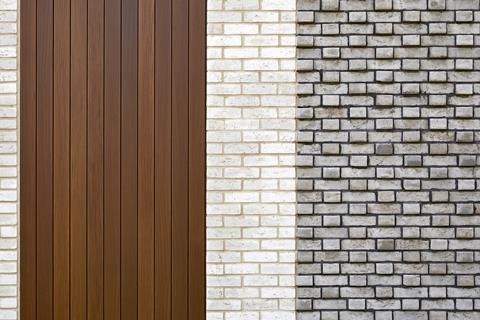
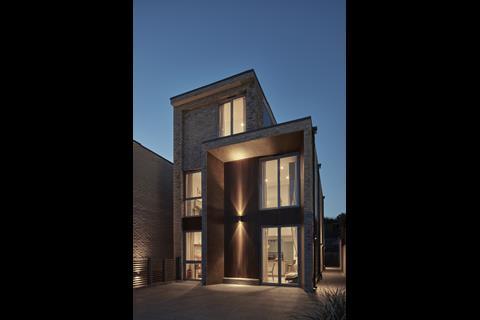
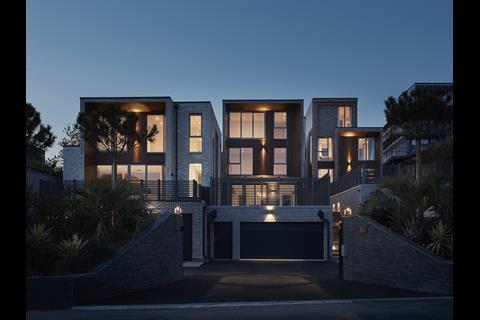







1 Readers' comment